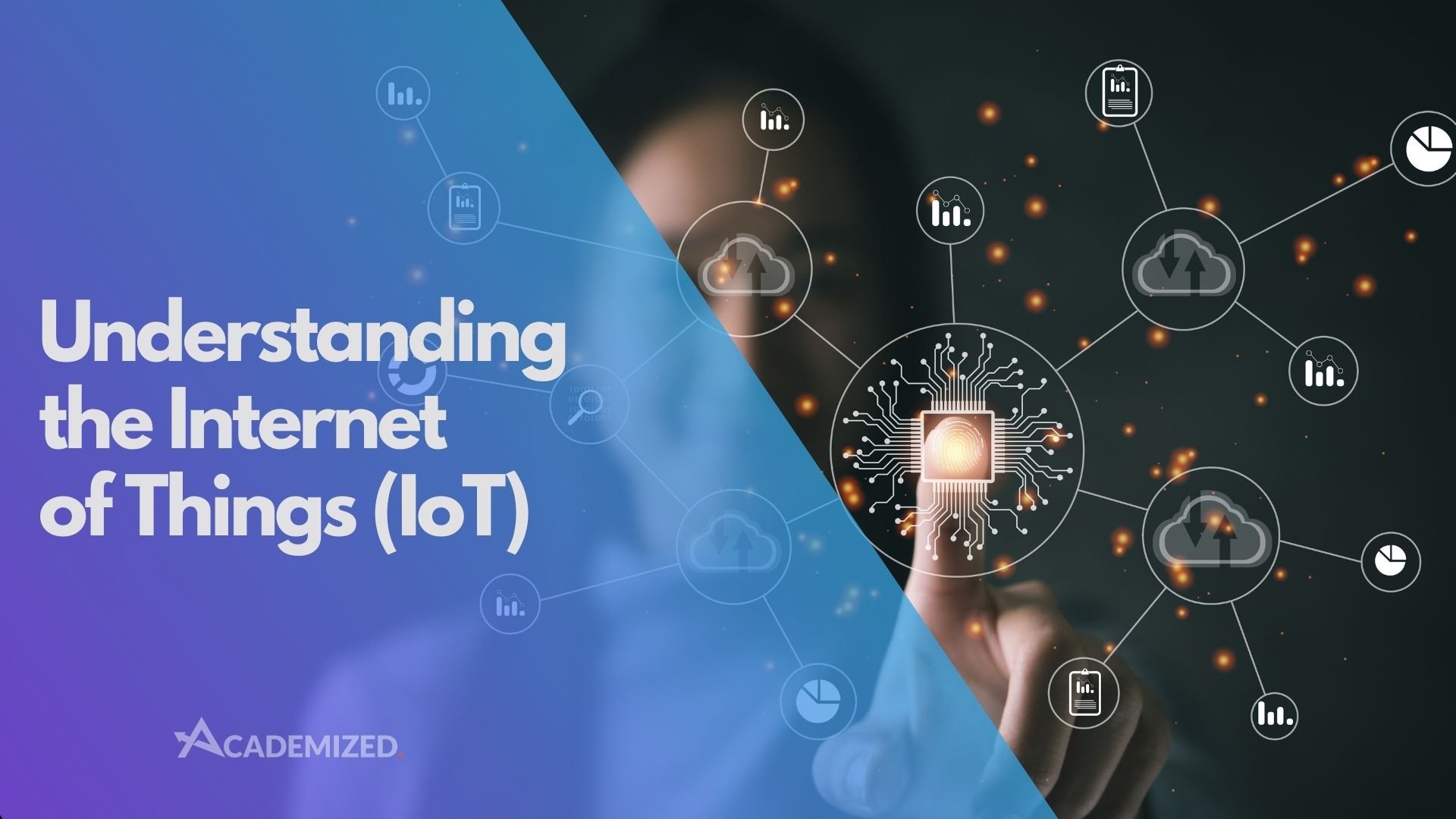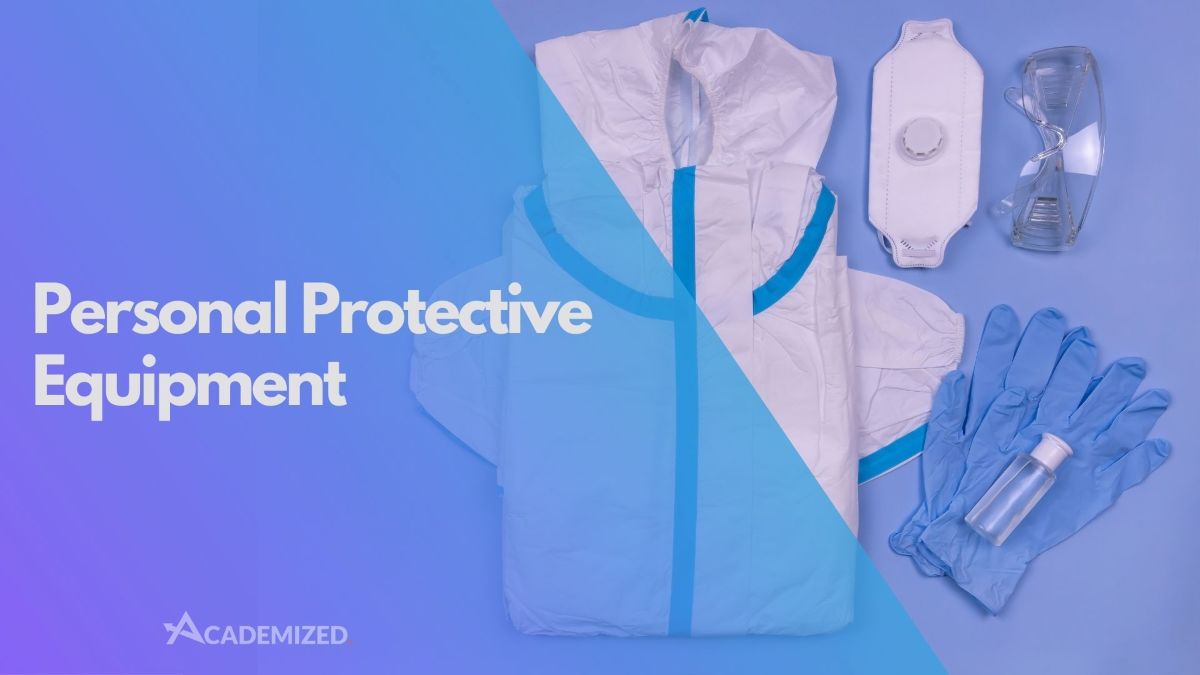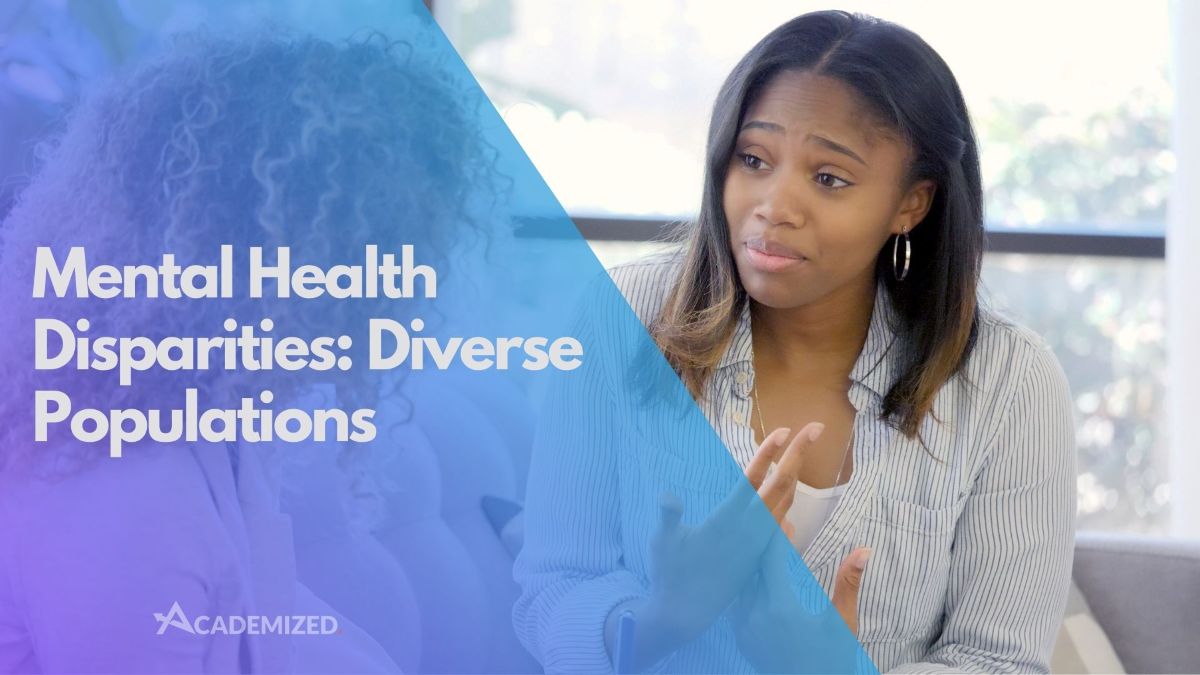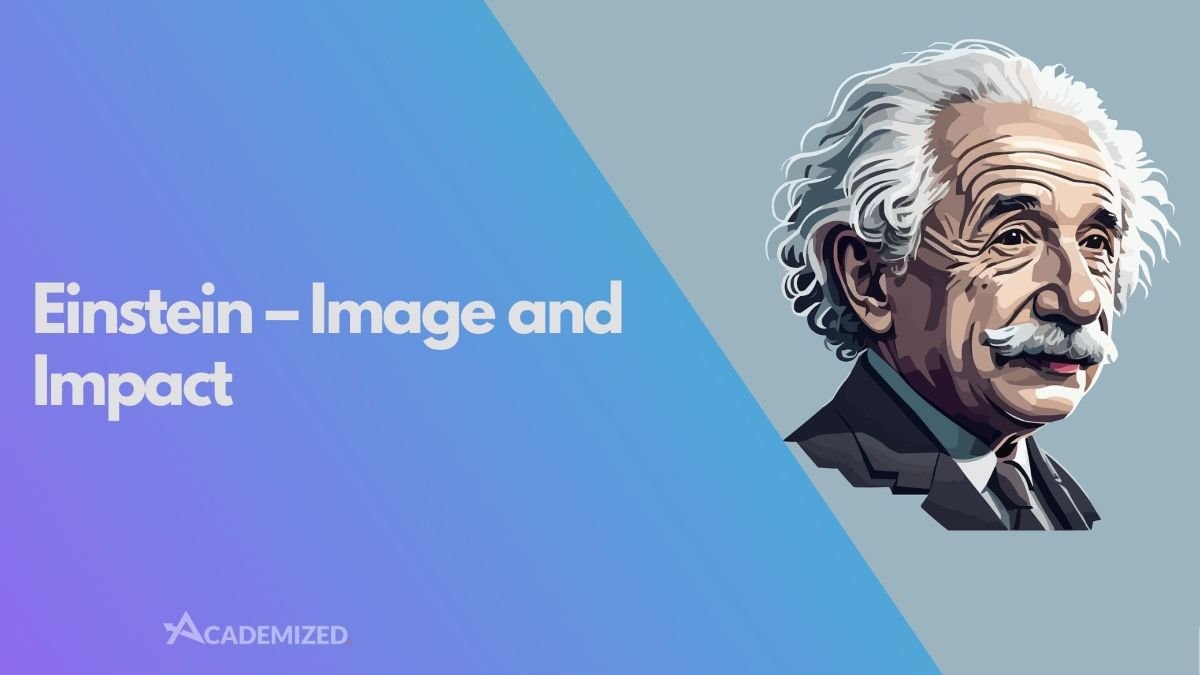
Understanding the Internet of Things (IoT)
There’s a growing buzz about the Internet of Things (IoT) and its influence on everything from how we travel and shop to how manufacturers track inventory. But what exactly is the Internet of Things, how does it work, and why is it becoming such a big deal?

Important Worldwide Security Alert for U.S. Travelers
The U.S. Department of State has issued an updated Worldwide Caution, replacing the previous version dated July 2, 2018. This update provides U.S. citizens with general guidance on threats such as terrorism, political unrest, and crime overseas and practical steps to stay informed and prepared for emergencies while abroad.

A350 XWB Family
Some of the best design ideas come from nature. That’s why Airbus draws inspiration from the natural world when creating and upgrading its aircraft. The A350 XWB, the latest addition to Airbus’ widebody fleet, shows how blending nature with technology can advance aircraft design.

Personal Protective Equipment
Employers are legally obligated to provide and maintain personal protective equipment (PPE) to protect workers from health and safety risks.

The Benefits of Natural Light on Your Body
Switching to natural light instead of artificial lighting can save energy and lower your utility costs, but did you know that it also plays a key role in your health and productivity? Let’s explore why spending time in natural light is so beneficial.

30 Behavioral Interview Questions You Should Be Ready to Answer
Interview prep basics say you should have a short pitch about yourself, a few well-prepared stories, and a clear idea of what you bring to the table. So, how do you get there? Practice – a lot of it, and out loud whenever possible. To help you prepare for your next interview, here are 30 behavioral interview questions organized by topic (plus 31 common interview questions here) that you can rehearse. Not sure how to respond? Use this quick guide to help you shape strong answers that can land you the job.

Maney Publishing Journals
Maney Publishing, an independent academic publisher, was established in 1997, evolving from W.S. Maney & Son Ltd, a specialist typesetting and printing business that started in Leeds in 1900. The shift from printing to publishing grew out of Maney’s long-term connections with academic organizations and learned societies. Its oldest partnership was with the English Goethe Society, a relationship that began in 1947. Other partnerships followed, including one with the Institute of Materials, Minerals, and Mining, which began publishing journals and books with Maney in 2001. To expand its reach, Maney Publishing (USA) was launched in 2007 to work with academic groups in North America.

California Releases Report Charting Path to 100 Percent Clean Electricity
The California Energy Commission (CEC), California Public Utilities Commission (CPUC), and California Air Resources Board (CARB) have released their first joint agency report and summary document outlining how California’s electricity system can transition to carbon-free energy by 2045.

Mental Health Disparities: Diverse Populations
Mental health is a fundamental component of overall well-being, yet access to mental health care remains unequal across different populations. Various groups face significant barriers to receiving appropriate mental health treatment, leading to disparities in diagnosis, treatment, and outcomes. These disparities are shaped by systemic inequalities, cultural factors, and healthcare access issues, disproportionately affecting marginalized communities. Understanding the root causes of these disparities is essential in creating an equitable mental health system that ensures all individuals receive the care they need.

Einstein – Image and Impact
Albert Einstein is one of the most recognized figures in the history of science. Born in 1879 in Germany, he revolutionized physics with his groundbreaking theories and left an indelible mark on academic and popular culture. While best known for his theory of relativity, Einstein's influence goes far beyond scientific circles. His image, distinctive appearance, and outspoken social beliefs have contributed to his lasting presence in global consciousness. Today, Einstein represents not just genius, but also curiosity, creativity, and humanitarianism.
